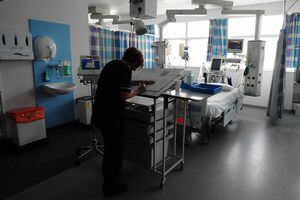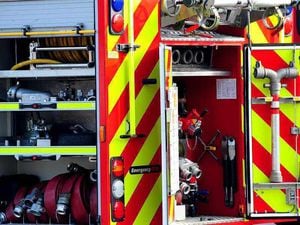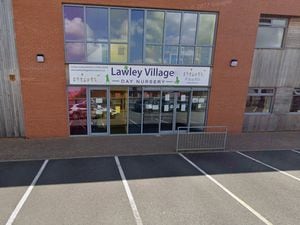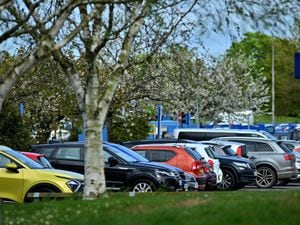Closer work call on Shropshire patient care issues
Focusing on beds and buildings as key to future of healthcare in the county is the wrong approach, council bosses claimed today.

Shropshire Council cabinet members say attitudes need to change on how organisations tackle health care.
They have called for a step away from an outdated view that beds and hospital buildings are the most essential things to a "system-wide approach" that sees NHS trusts, GPs and social services working together rather than simply looking after their own areas.
Karen Calder, portfolio holder for health and wellbeing, and Lee Chapman, portfolio-holder for adults, said what really needs to be tackled is the flow of people through the whole health and social care system.
Talking about Shropshire Council's role as the NHS reviews its services county-wide, Councillor Calder said it was essential every organisation involved to start working closely together.
She said Shropshire Clinical Commissioning Group was now taking an "active role" in looking at neighbourhood and community support work with Shropshire Council as part of the NHS's recently launched sustainable development plan – and the council was also hearing "positive noises" from Shrewsbury and Telford Hospital NHS Trust.
"The moment they start to realise that the solution has to be a whole system approach, that's when they will start moving forward," she said.
The community support side of things should have been looked at ahead of trying to make decisions over A&E services, she said.
"For coming up three or four years now we have been saying this and only now is the penny starting to drop."
She said prevention and early intervention work was essential to "turning the tide away" from over-stretched A&E services in Shrewsbury and Telford, and in any case there needed to be a change in the public attitude to A&E as a fall back for non-emergency problems.
Councillor Chapman added: "The problem with the bed-based economy is that beds are the wrong currency – it's to do with flow. There is a massive increase in the number of people coming through the hospital. It's because people are living longer but with potentially up to three long-term conditions."
"It isn't about funding so much as it's about building capacity in the market for support in the community.
"We know people do much better if supported in their own homes.
"Every single part of the system has a part to play – it's making sure that everybody involved in the system looks at it strategically, and that's not as easy when all the organisations are cash strapped.
"It's up to every organisation to be grown up enough to not just look after their own area."
"I'm sure that in five years time we will have re-configured how our acute hospitals operate.
"I'm not saying the names above the doors will be different but there will be more specialisation."
He said people understood that if they had a heart attack they were best off being rushed to specialists in Stoke, for example.
Councillor Calder added: "We want to see the best services for our hospital, but they serve different functions.
"I want to know that I or my family are going to the right place – whether it's 11 miles down the road I don't think is so important."
Whatever, she added: "The clinicians are the ones who should be making the decisions, not the politicians."





